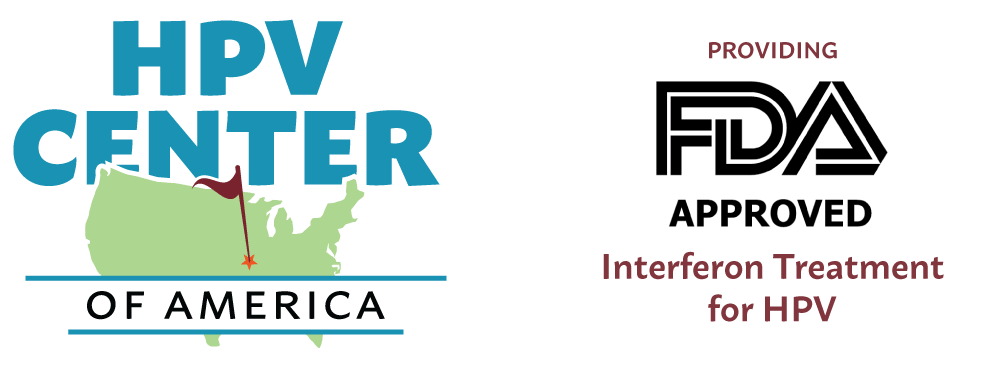There are about 200 different strains of HPV. Some cause common warts when they invade the skin. Others are the cause of sexually transmitted diseases. In fact, HPV is the most common sexually transmitted infection in the United States.HPV transmission by sexual contact often doesn’t become active enough to cause symptoms. When it does become active, it tends to invade mucous membranes, such as those covering the lining of the vagina, cervix, anus, mouth, tongue, and throat. An HPV infection can cause warts in and around these tissues.Most people sexually exposed to HPV never develop symptoms or health problems, and most HPV infections go away by themselves within two years. But the infection can persist and cause long-term problems. These include cervical cancer in women, penis cancer in men, and in both sexes some cancers of the anus and oropharyngeal cancer (cancer in the back of throat, including the base of the tongue and tonsils).In the past, oropharyngeal cancers were mostly linked to smoking or alcohol abuse. Today, oropharyngeal cancers related to smoking and alcohol are on the decline while those caused by HPV are rising dramatically. Some experts predict that HPV-caused mouth and throat cancers will become more common than cervical cancer.
HPV prevention and treatment
Pre-teens, teens, and young adults of both sexes can get vaccinated against HPV. The Centers for Disease Control recommends that young women get vaccinated against the virus to prevent cervical cancer. The CDC also recommends the vaccination for young men for two reasons: to help prevent its transmission to women, and to help prevent some of the 7,000 HPV-related cancers that occur in men each year. The two available vaccines provide excellent protection against sexually transmitted HPV.
Vaccination won’t help older people (those beyond their early 20s) or the millions of people already infected with HPV. The use of condoms can prevent the spread of the virus during penile-vaginal, penile-anal, or penile-oral sex. The use of a dental dam (a thin piece of latex) can help prevent the spread of the virus during oral-vaginal sex.
If you’ve been infected with the virus, diagnosing an HPV-related oral cancer as early as possible greatly improves the chance of cure. See your doctor if you have one or more of these symptoms for more than two to three weeks:
- A sore in your mouth or on your tongue that doesn’t heal
- Persistent pain with swallowing or sore throat
- A lump in your neck that persists



